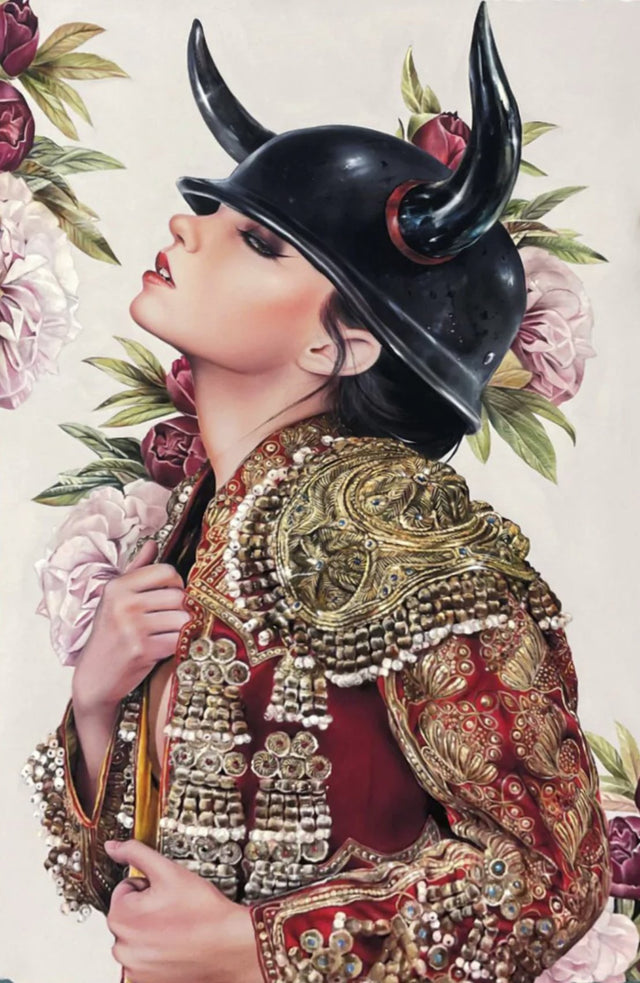
Spain has had a significant influence on graffiti art and street art over the years. From the early days of graffiti writing to the rise of street art as a global phenomenon, Spain has played a pivotal role in shaping the culture and aesthetic of these art forms. One of the most significant ways that Spain has influenced graffiti art and street art is through its history of political activism and social movements. Spain has a long and complex history of political repression, dictatorship, and resistance, which has given rise to a strong tradition of protest art and graffiti writing. During the Franco dictatorship, for example, graffiti was one of the only ways that activists could express their dissent and challenge the regime. Graffiti writers would leave political slogans and anti-Franco messages on walls and buildings throughout the country, often risking imprisonment or worse for their actions. This tradition of political activism and resistance has continued into the present day, and has influenced the work of many contemporary graffiti writers and street artists in Spain and beyond. For example, the graffiti crew La Pandilla (The Gang) is known for their politically-charged graffiti pieces that tackle issues such as police brutality, immigration, and economic inequality. Similarly, the street artist Escif often creates works that comment on social and political issues, such as his mural of a bullfighter holding a paintbrush instead of a bullfighting cape, which critiques the glorification of violence in Spanish culture. Another way that Spain has influenced graffiti art and street art is through its rich artistic traditions and cultural heritage. Spain is home to some of the most iconic and recognizable art movements in history, such as the works of Pablo Picasso, Salvador Dali, and Joan Miro. This legacy has inspired many graffiti writers and street artists to incorporate elements of traditional Spanish art and culture into their work, creating a unique fusion of old and new. One artist who has been particularly influential in this regard is Okuda San Miguel, a Spanish street artist known for his colorful, geometric murals that blend traditional Spanish motifs with contemporary pop culture references. Okuda's work often features images of bulls, matadors, and flamenco dancers, as well as references to famous Spanish artists and architects. Spain's vibrant urban landscape and architectural heritage have also played a role in shaping the aesthetics of graffiti art and street art. Spanish cities like Barcelona and Madrid are known for their stunning Gothic and Modernist architecture, which has provided a backdrop for countless graffiti pieces and street art murals. Many graffiti writers and street artists have been inspired by the intricate details and patterns of these buildings, incorporating them into their work in various ways. One artist who has been particularly successful in this regard is the Italian street artist Blu, who has created some of the most iconic and visually stunning murals in Spain. Blu's works often feature giant, highly-detailed characters and creatures that seem to be bursting out of the walls of buildings, creating a sense of dynamism and energy that is truly awe-inspiring. In conclusion, Spain's influence on graffiti art and street art is multifaceted and far-reaching. From its history of political activism and resistance, to its rich artistic traditions and cultural heritage, to its vibrant urban landscape and architectural beauty, Spain has provided a wealth of inspiration and creative energy to graffiti writers and street artists around the world. Whether you're a fan of traditional Spanish art, contemporary street art, or anything in between, there is no denying the impact that Spain has had on these dynamic and ever-evolving art forms.


 العربية
العربية 简体中文
简体中文 Dansk
Dansk Nederlands
Nederlands Filipino
Filipino Suomi
Suomi Français
Français Deutsch
Deutsch Ελληνικά
Ελληνικά עִבְרִית
עִבְרִית हिन्दी
हिन्दी Íslenska
Íslenska Bahasa Indonesia
Bahasa Indonesia Italiano
Italiano 日本語
日本語 한국어
한국어 Latin
Latin Bahasa Melayu
Bahasa Melayu Norsk bokmål
Norsk bokmål فارسی
فارسی Português
Português Español
Español Svenska
Svenska ไทย
ไทย Türkçe
Türkçe Tiếng Việt
Tiếng Việt